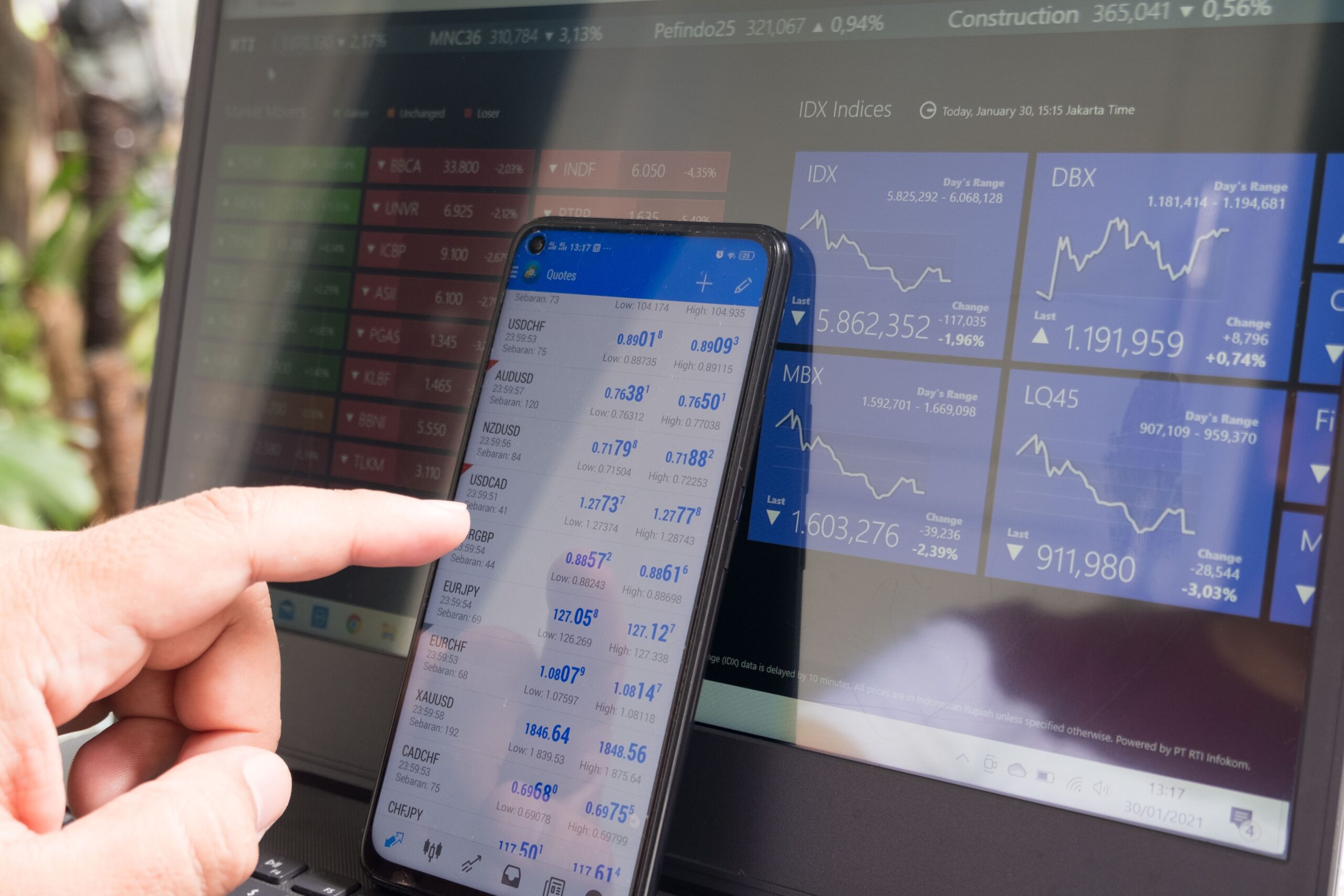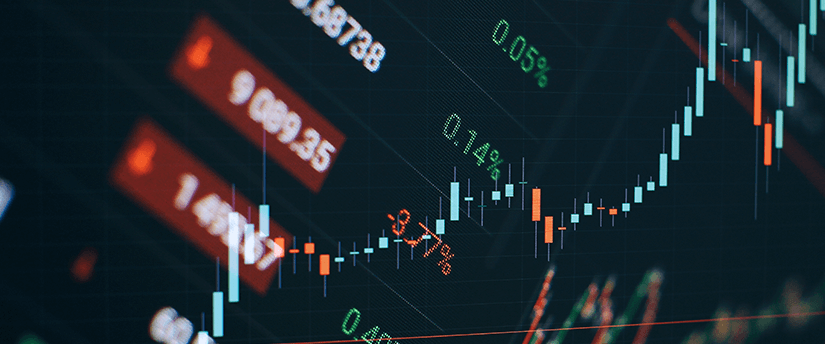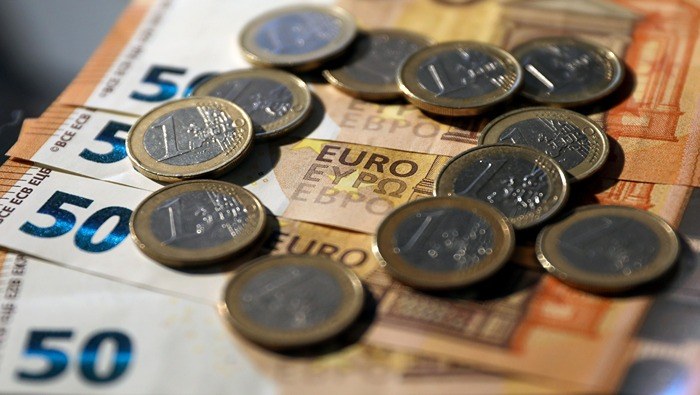Introduction
Forex, short for foreign exchange, is the global decentralized market where currencies are traded. It is the largest and most liquid financial market in the world, with an average daily trading volume of over $6 trillion. Forex trading allows individuals and institutions to speculate on the price movements of various currency pairs.
How Does Forex Trading Work?
Forex trading involves buying one currency while simultaneously selling another currency. Currency pairs are quoted in terms of their exchange rate, which represents the value of one currency relative to another. For example, the EUR/USD pair represents the exchange rate between the euro and the US dollar.
Traders can profit from forex trading by speculating on whether a currency will appreciate or depreciate in value. If a trader believes that the value of a currency will rise, they will buy the currency pair. Conversely, if they believe the value will fall, they will sell the currency pair.
Getting Started in Forex Trading
Here are the steps to get started in forex trading:
1. Educate Yourself
Before diving into forex trading, it is essential to educate yourself about the market. Familiarize yourself with basic forex terminology, trading strategies, and risk management techniques. There are numerous online resources, courses, and books available to help you gain a solid understanding of forex trading.
2. Choose a Reliable Broker
Selecting a reputable forex broker is crucial for your trading success. Look for a broker that is regulated by a recognized financial authority and offers competitive spreads, reliable trading platforms, and excellent customer support. Take the time to compare different brokers and read reviews before making your decision.
3. Open a Trading Account
Once you have chosen a broker, you will need to open a trading account. Most brokers offer different types of accounts to cater to the needs of different traders. Choose an account type that suits your trading style and deposit the required funds.
4. Develop a Trading Plan
A trading plan is essential for consistent and disciplined trading. Define your trading goals, risk tolerance, and trading strategy. A well-defined trading plan will help you make informed trading decisions and manage your emotions effectively.
5. Start with a Demo Account
Before risking real money, it is recommended to practice trading with a demo account. A demo account allows you to trade with virtual money in real market conditions. Use this opportunity to test your trading strategies and gain experience without the risk of losing money.
6. Start Trading with Small Positions
When you are ready to start trading with real money, it is advisable to begin with small positions. This will help you manage your risk and gradually build your confidence as a trader. As you gain experience and improve your trading skills, you can gradually increase your position sizes.
7. Continuously Learn and Adapt
Forex trading is a dynamic and ever-changing market. It is important to continuously learn and adapt to stay ahead. Stay updated with market news, economic indicators, and global events that can impact currency prices. Regularly evaluate your trading performance and make necessary adjustments to your trading plan.
Risks of Forex Trading
While forex trading offers the potential for significant profits, it also carries inherent risks. Here are some common risks associated with forex trading:
1. Volatility
The forex market is highly volatile, and currency prices can fluctuate rapidly. Volatility can lead to both substantial gains and losses, so it is important to be prepared for sudden market movements.
2. Leverage
Forex trading often involves the use of leverage, which allows traders to control larger positions with a smaller amount of capital. While leverage can amplify profits, it can also magnify losses. It is crucial to use leverage responsibly and understand its potential impact on your trading account.
3. Market Manipulation
As a decentralized market, forex is susceptible to manipulation by large financial institutions or individuals with substantial resources. It is important to be aware of potential market manipulation and take necessary precautions to protect your trades.
4. Emotional Trading
Emotions can significantly impact trading decisions. Fear and greed can lead to impulsive and irrational trading choices, which can result in losses. Developing emotional discipline and sticking to your trading plan is vital for long-term success.
Conclusion
Forex trading offers individuals the opportunity to participate in the global currency market. By educating yourself, choosing a reliable broker, and developing a trading plan, you can start your forex trading journey. Remember to manage your risks, continuously learn, and adapt to the ever-changing market conditions. With dedication and discipline, forex trading can become a rewarding endeavor.







